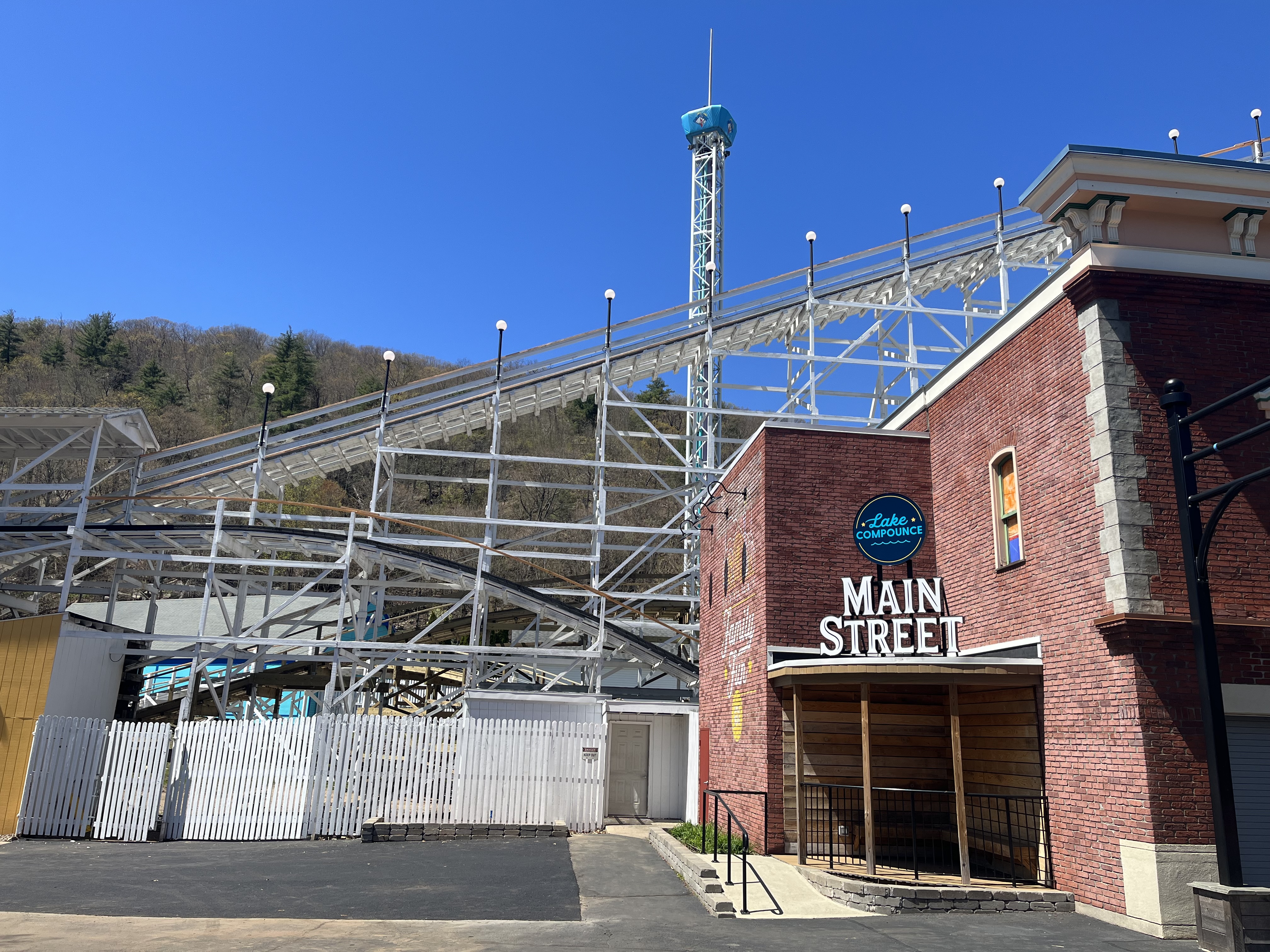As people across the state and the nation call for an end to racial injustice after the death of George Floyd, local clergy members joined together Monday to condemn racism and issue a call for national healing, residents gathered to rally and protest and a task force on police transparency and accountability laid out priorities for improving policing in Connecticut.
Organizers have held protests and demonstrations in cities and towns across the country to express outrage over the death of Floyd, a black man who died after a white officer in Minneapolis pressed his knee into his neck for several minutes even after he pleaded for air and stopped moving.
On Monday morning, several clergy members from local Congregational churches joined together on the steps of the First Congregational Church in Madison, in an expression of solidarity against racism and to unite in a call for national healing.
"We weep with those who have been oppressed, we mourn those that have been mistreated," Pastor Judith Cooke, of the North Guilford Congregational Church, said.
Clergy represented local churches belonging to the New Haven East Consociation of the United Church of Christ, and include Madison, North Madison, North Guilford, Guilford, Northford, North Branford, Branford, East Haven, North Haven and Durham.
"We want our neighbors to be safe, safe from police brutality but also safe from racism and all of its different forms," Rev. Gini King, of the United Church of Christ, said.
Religious leaders said their goal is to commit themselves fully until change happens.
Local
“White communities need to be humble, be listening, be learning and taking the lead from activists," Rev. Sarah Vetter of First Congregational Church of Madison said.
Leaders said some ways to have voices heard are through voting and the 2020 Census.
“Between now and election that’s going to be a major conversation and encouraging people to vote," King said.
Gov. Ned Lamont took part in a Connecticut Police Transparency and Accountability Task Force meeting and task force, where members discussed recommendations on improving policing in Connecticut.
Some of the topics addressed Monday included the importance of building community trust, being engaged with how people want to be policed and the importance of community oversight of policing.
State Rep. Joe Verrengia, co-chair of the Public Safety and Security Committee in the General Assembly, took part in the discussion on Monday and highlighted some policies that have been put in place in Connecticut, including one he expects to reduce police pursuits.
State Sen. Gary Winfield, pointed out the need to change what policing is and said what will come in the months ahead is a push for legislation.
He added that the work of the task force is important, it will continue and the work will make a real difference in people's lives.
State Rep. Steven Stafstrom said the state has made progress, but it is not immune from the issues seen around the country.
"We need everyone at the table," he said.
Milford Police Chief Keith Mello said there are mandated standards, but that is not enough.
"This is an opportunity. This is going to change behavior," he said, referring to the demonstrations that are happening in cities and towns all over.
He discussed the importance of training police officers and added that the discussion about use of force has to start with deescalation.
When asked what the state needs to improve, members said shared their thoughts and said better, less than lethal force. Another recommendation was not to let police investigate police and for investigations be above reproach.
Another recommendation was to change police culture and to increase accountability and transparency.
One member said that until law enforcement begins to listen with empathy and understanding, the road ahead remains difficult.
State Rep. Joshua Hall said community oversight with power is key and the community has to have faith that there is a system to hold individuals accountable. Another recommendation was that police should be customer oriented and get to know residents.
Other points members brought up included early intervention for officers who are experiencing issues, whether that includes complaints or personal issues, and to get them the help they need or to discipline them if needed.
Another recommendation was to change policing of issues like broken taillights and the investigation of suspicious vehicles, to reduce volatility when pulling over people who are poor.
Another recommendation was that people who work with people who have disabilities have a say in policy discussions.
James Rovella, commissioner of the state Department of Emergency Services and Public Protection, added that the code of conduct is important, and he highlighted suggestions on expanding crisis intervention officer training and the importance of the first level of supervision.
He went on to say that building community trust, being engaged with how people want to be policed and community oversight are all important components as well.
Protests were planned Monday in Manchester, Milford and Somers.
The Manchester protest was scheduled for 2 p.m. at town hall.
The Milford protest was planned for 3:30 p.m. on the green.
The protest in Somers will be held at Somers Town Hall from 5 p.m. to 6:30 p.m.



